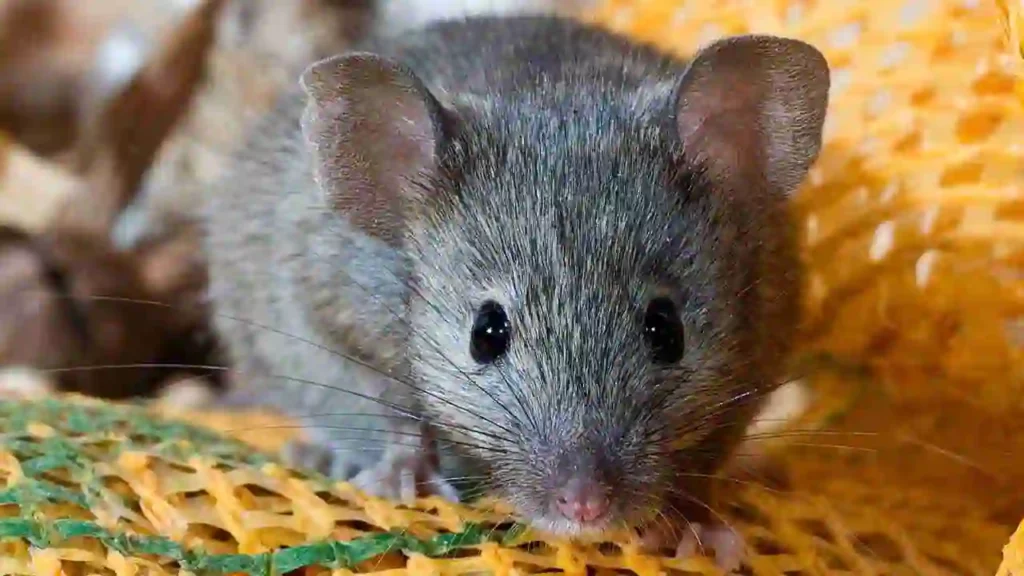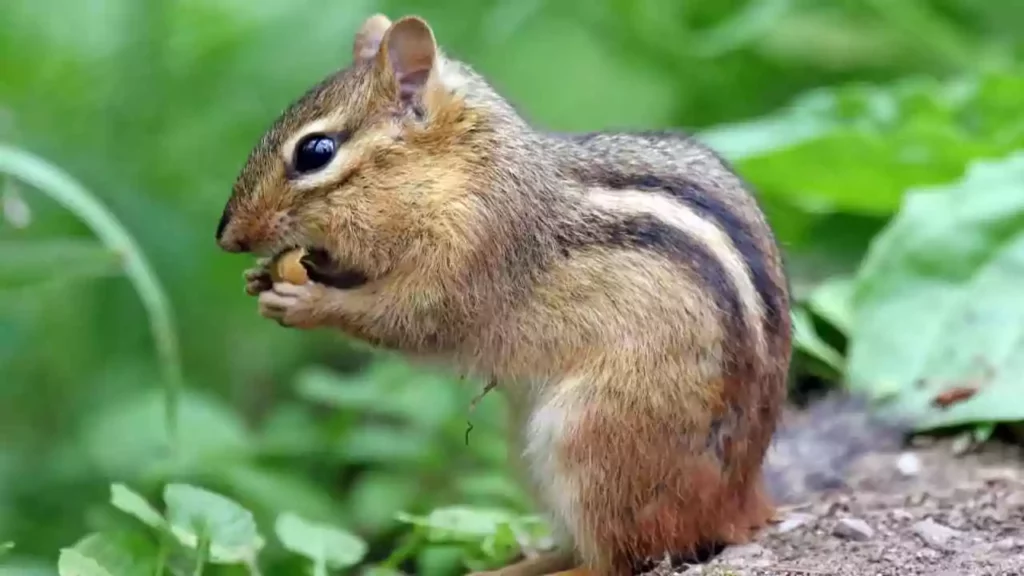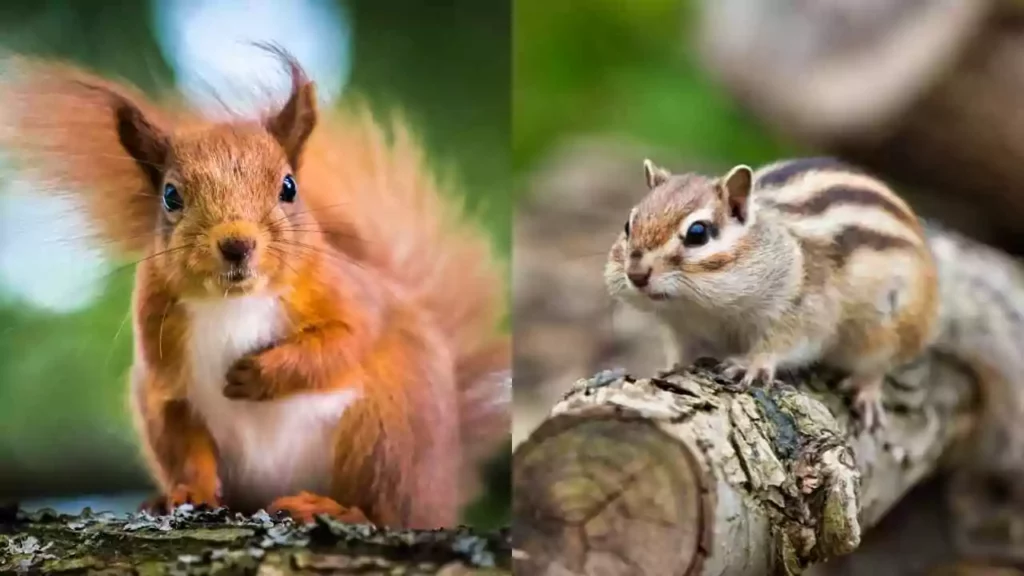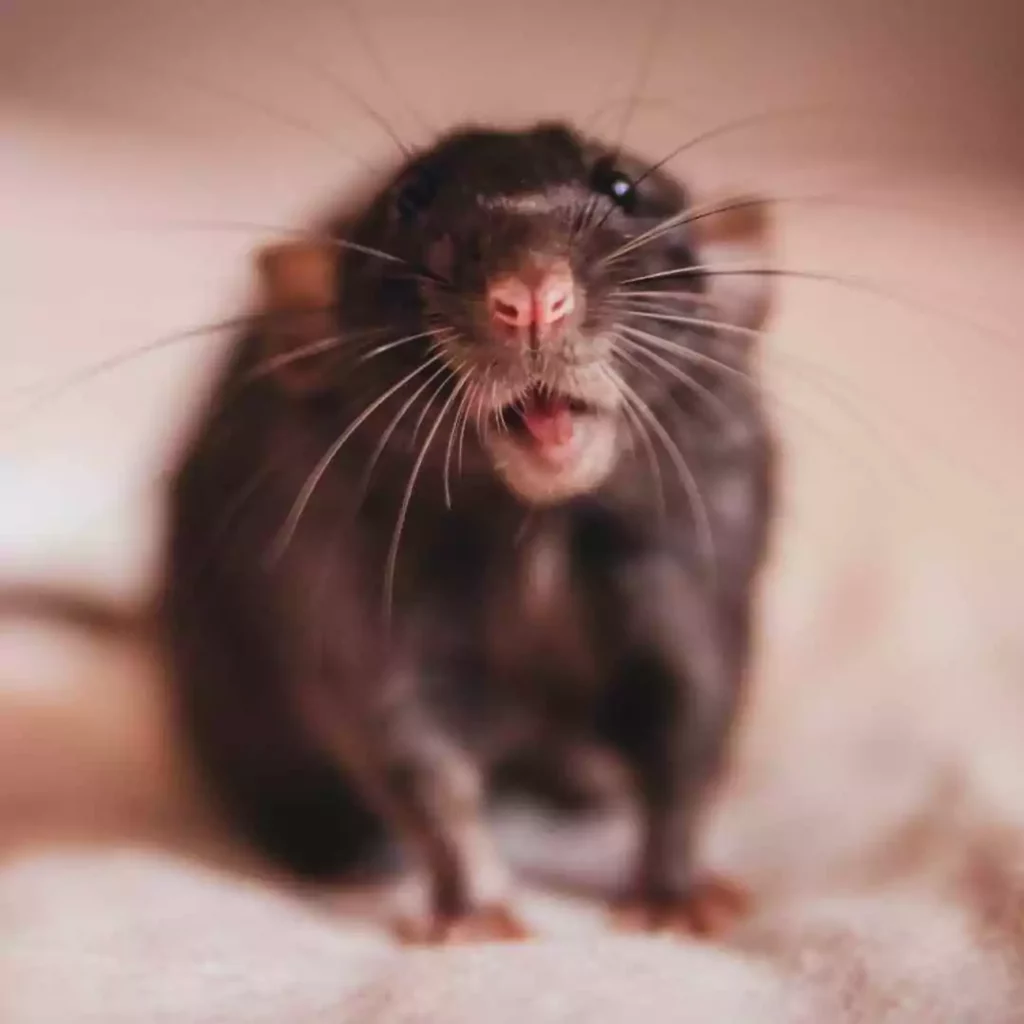Are you facing a rodent infestation and unable to identify which rodent has made your home his new residence!
Many people can not distinguish whether mice or chipmunks do the damage. This can be done by identifying the poop of rodents.
Chipmunk Poop vs Mouse Poop: Does Chipmunk Poop Look Like Mice Poop?
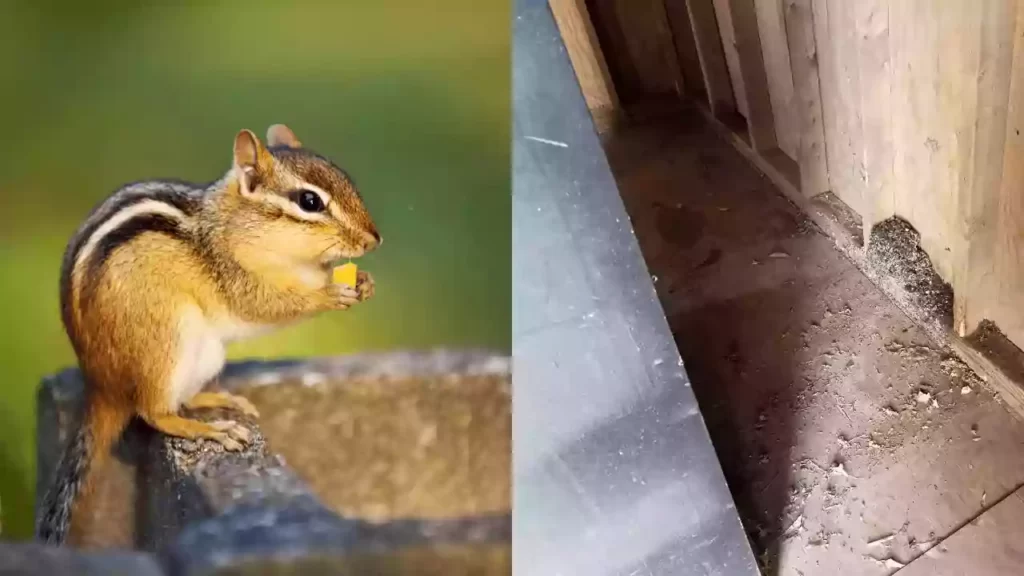
In certain circumstances, chipmunk droppings are mistaken for mouse poop when they are spotted on patios, in sheds, or in garages.
All rodents, including chipmunks and mice, produce nearly the same pellet-shaped feces roughly a rice grain size. Though chipmunk feces are about a quarter-inch larger than mice poop, they are a hassle to clean for housekeepers.
Difference Between Mouse Poop and Chipmunk Poop
Mouse poop and chipmunk poop look almost similar, but there are some variations in their physical appearance. See the table below to take a closer look at their characteristics.
| Characteristics | Chipmunk Poop | Mouse Poop |
|---|---|---|
| Size | Tiny, about 0.4 inches in total | Smaller than most rodent feces |
| Shape | Resembles a rice grain with elongated pointy ends | Similar to chipmunk’s poop but larger in size |
| Color | Black, brown or pale; depends on the food consumed | Blackish-brown to grey |
| Texture | Fresh poop is soft and malleable | Fresh poop is soft but becomes brittle upon drying |
| Smell | No distinct smell | No distinct smell |
How to identify?
Chipmunk poop is just slightly larger than mouse poop with a rice grain shape and more pointed ends. Mouse poop, on the other hand, is smaller than most rodent feces. Their color is also similar ranging from a blackish-brown to gray shade. It can even be pale if the animal is feeding mainly on vegetables. Moreover, both types of poop don’t have a distinct smell. Still, it is the ammonia-like odor of their urine that makes homeowners wary of their presence.
7 Steps to Clean up Mouse and Chipmunk Poop
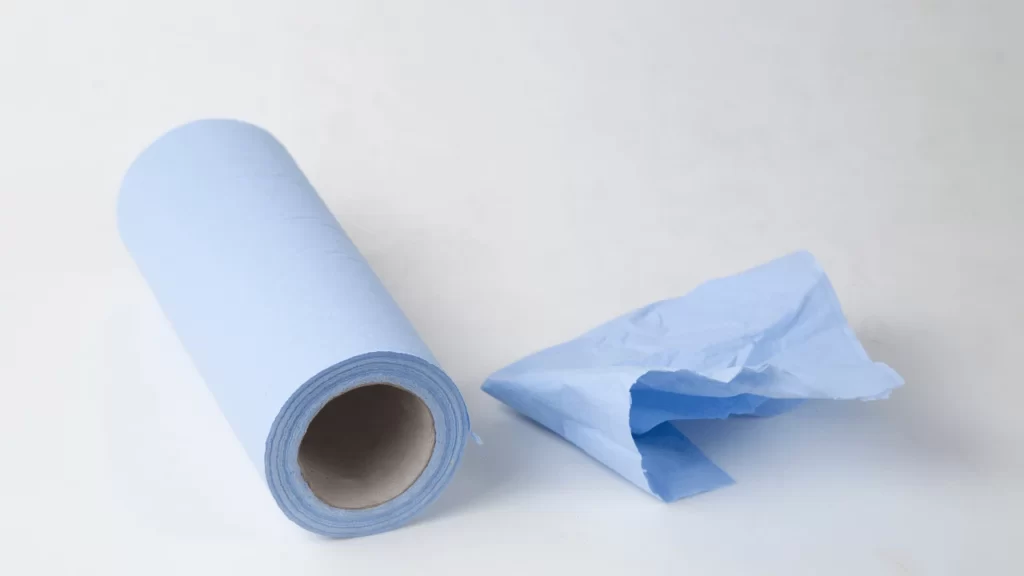
Now that you have identified both chipmunk and mouse poop, it is time to clean it up. Cleaning is not very difficult. All you have to do is follow the instructions mentioned below to clean up mouse and chipmunk poop:
1. For your protection, air out the space where you have noticed the rodent droppings at least half an hour before you clean the area.
2. Wear a respirator or breathing mask to prevent you from inhaling the toxic fumes. Put on rubber, latex, or vinyl gloves.
3. Using a disinfectant spray, soak the entire area. Let it stay soaked for 5 minutes. You can make your disinfectant at home by mixing 1 part bleach to 10 parts clean water.
4. Clean the entire area with rags or disposable paper towels.
5. Put the cleaning supplies and all the droppings in a trash bag and seal it well.
6. Dispose of the trash bag in a covered trash can, and empty the can as soon as possible.
7. Don’t forget to look for unreachable spots by using a torch. Repeat the same procedure for those areas as well.
Mouse and Chipmunk Poop Diseases
Interaction with chipmunk and mouse poop, just like other animal poop, can cause several diseases, some of which can be pretty dangerous. Since their diet contains random, unstable items, it’s pretty sure that the poop might have a massive amount of bacteria and viruses.
It’s rare for humans to get in contact with the droppings, but if you or your pets touch them, you will certainly get infected. The following diseases can easily be transmitted;
- Leptospirosis is a bacterial disease, and it spreads through air-borne dust. Pellets can quickly spread this infection.
- Salmonellosis is not a fatal disease but accompanying diarrhea, cramps, fever, and nausea.
- Hantavirus is a highly contagious disease. It can spread through the saliva, urine, and droppings of rodents.
What Other Poop Looks Like Mouse And Chipmunk Poop?
It is usually tricky to identify rodents from their droppings. Still, if there is an infestation, you will have to undertake this gross job.
More commonly, rats, mice, chipmunk, and squirrel feces look almost similar. A rat’s poop is also darker and soft, turning lighter and hardening after a few days. It has the same long grain-like shape as chipmunks and mice. A squirrel’s poop is thicker and more oblong. It is similar in appearance to mice and chipmunks but slightly larger. The ends are rounded instead of being pointy.
Frequently Asked Questions
Here are some frequently asked questions about chipmunk and mouse poop.
Is Mouse and Chipmunk Poop Dangerous?
Both mouse and chipmunk poop can pose serious health hazards. They can spread bacteria and viruses, contaminate food, and trigger an allergic reaction as they disperse through the dust. Once the pellets are dry, they can infect your respiratory tract as well.
What if I vacuumed mouse and chipmunk droppings?
It would be best if you did not vacuum mouse and chipmunk droppings as they can cause diseases. What happens is the pellets break during the vacuuming process, exposing the bacteria and virus to the air, making them easy to inhale. The person vacuuming or the ones who are nearby can quickly inhale the poop dust and get ill.
Can you get Hantavirus from old mouse droppings?
Yes, you can get Hantavirus from old mouse droppings. But if the droppings are very old, the chance of getting Hantavirus is zero because the dust doesn’t carry the virus.
What color are mouse droppings?
Mice droppings are more commonly brown-colored, but they turn blackish once they dry.
Final Words
No one has an affinity for rodents, but chipmunks are adorable critters that seemingly don’t have harmful intentions. If you spot rodent feces in your vicinity, you can identify the animal by its poop. Their presence is, however, not a boon for homeowners due to the reasons mentioned earlier. They can also wreck produce and food storage, so it’s wise to get rid of them as soon as their presence is spotted.
SmallPetsX.Com does not provide veterinary advice. Our aim to help small pet owners understand their pets a little better so that they can provide their pets with the life they deserve. All content is therefore for informational purposes only. If you're concerned about the health of your pet you should seek medical advice from a vet.

